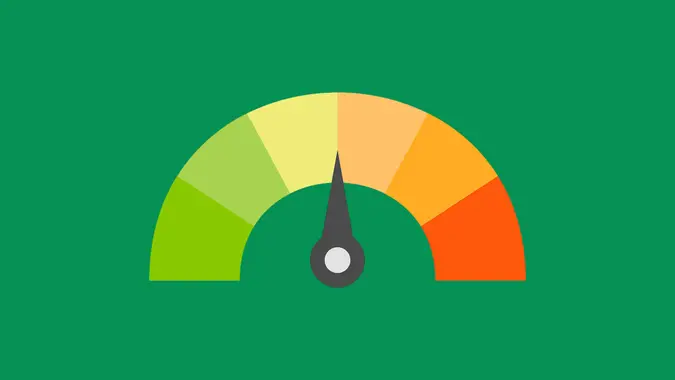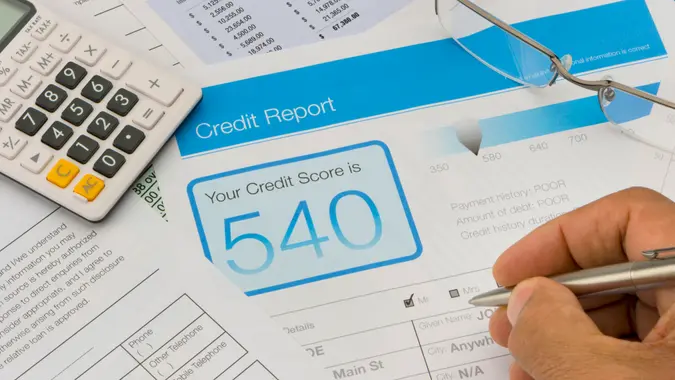Explaining Credit to Your Children

Commitment to Our Readers
GOBankingRates' editorial team is committed to bringing you unbiased reviews and information. We use data-driven methodologies to evaluate financial products and services - our reviews and ratings are not influenced by advertisers. You can read more about our editorial guidelines and our products and services review methodology.

20 Years
Helping You Live Richer

Reviewed
by Experts

Trusted by
Millions of Readers
You want your children to have a stable life and not live paycheck to paycheck. Therefore, teaching them financial responsibility is quite important.
One part of financial responsibility is credit. Even if your kids spend very little, and don’t really need any credit, you should let them go through this experience just for learning.
For example, wait until your weekly allowance grows to a sizeable amount in your kid’s piggy bank. Then ask for a loan! Explain to your kid that you will return half the cash within a week, and the rest after two weeks. It may be painful to give all one’s wealth back to the parent, but you will add some interest on top of the original amount. Do it several times, and be punctual about returning the money.
Then wait for a chance to lend money to your kid. For example, let’s say your kid asked for a new game or toy that costs $50. She only has $20 saved, and you give her $10 per week. Why don’t you loan her the $30 she’s missing, and ask her to pay back at least $5 every week. Add a tiny amount of interest, say $0.50 per week. If your daughter pays attention, she should notice that it’s better to pay the loan back as early as she can, to avoid paying extra interest. And should she miss a payment, charge her $0.50 penalty or even increase her interest rate to $0.75 per week.
This sounds like silly games, but it will increase the chance that your kid will better handle much larger payments in the future, such as student loan, credit card loan, etc. Don’t wait too long to teach this, either; the best age is perhaps between 8 and 12 years.
 Written by
Written by 






















